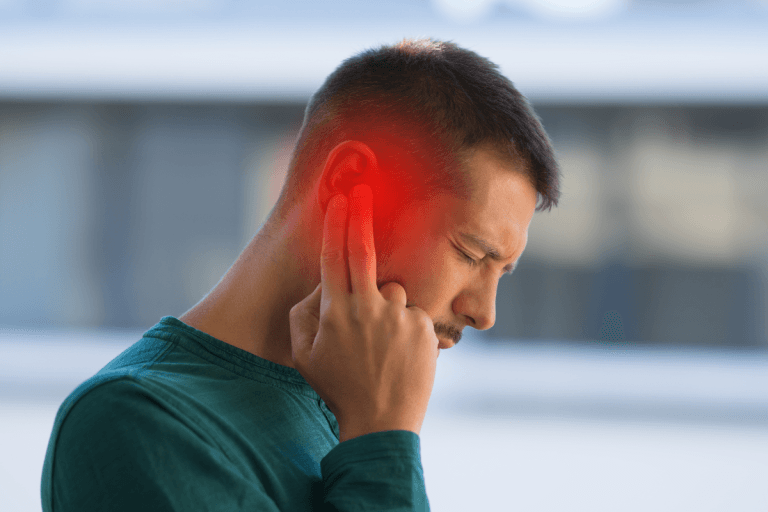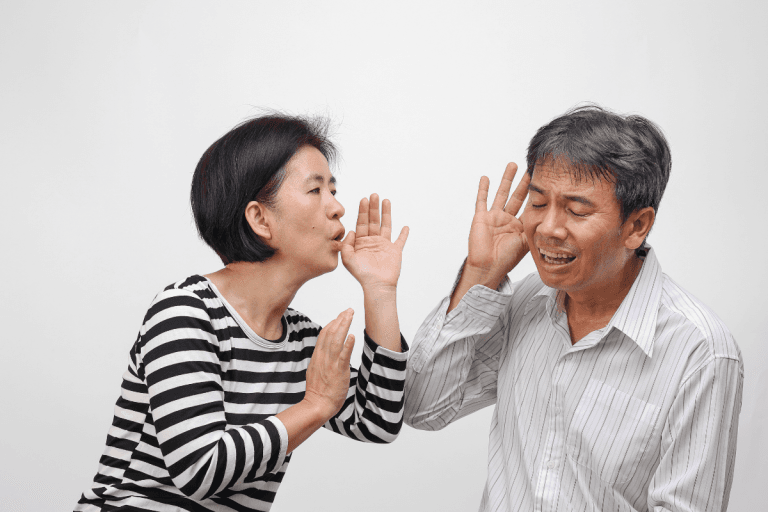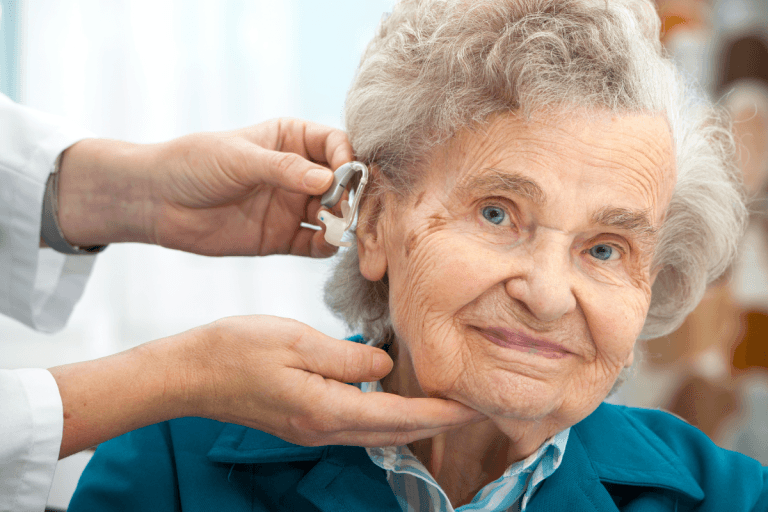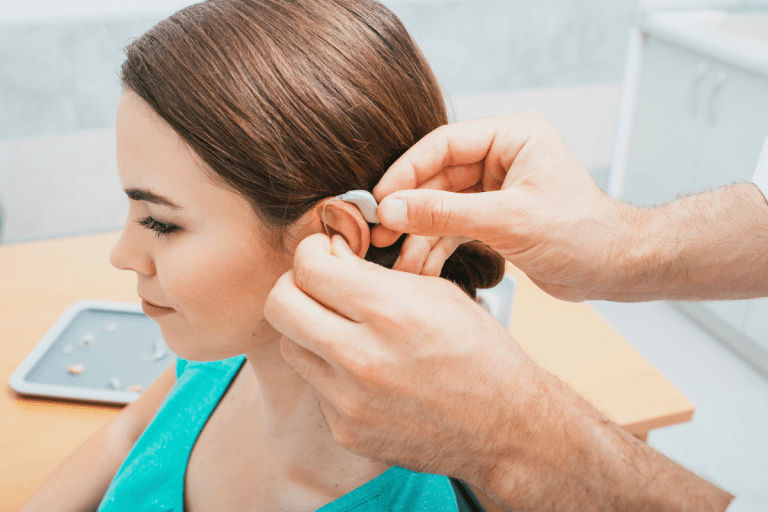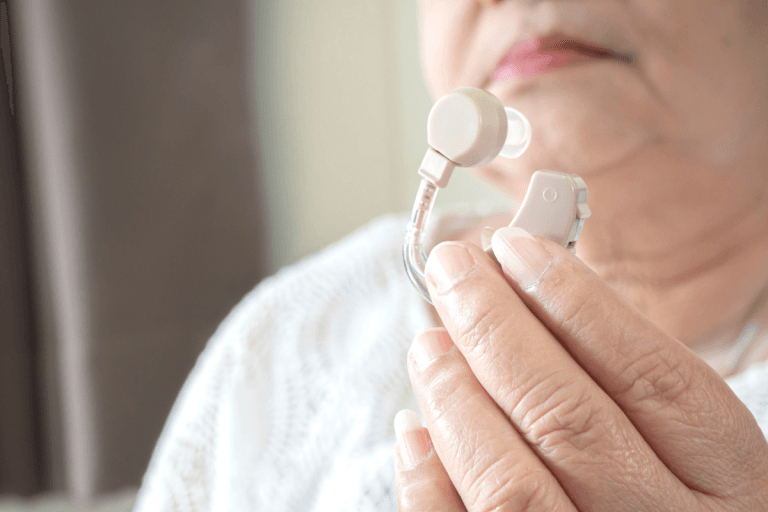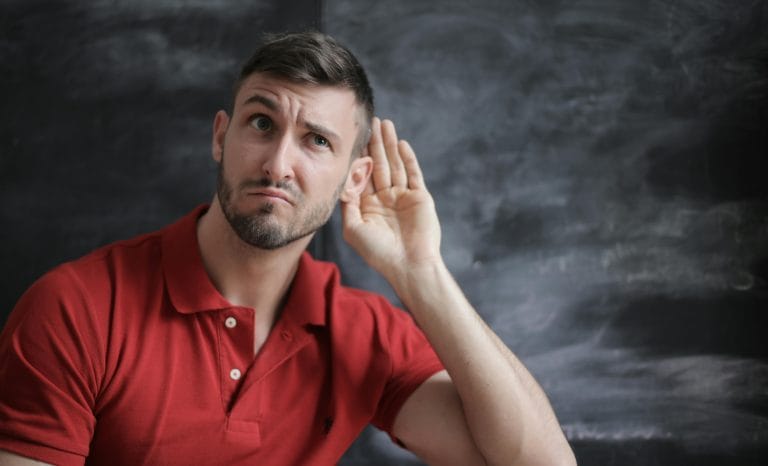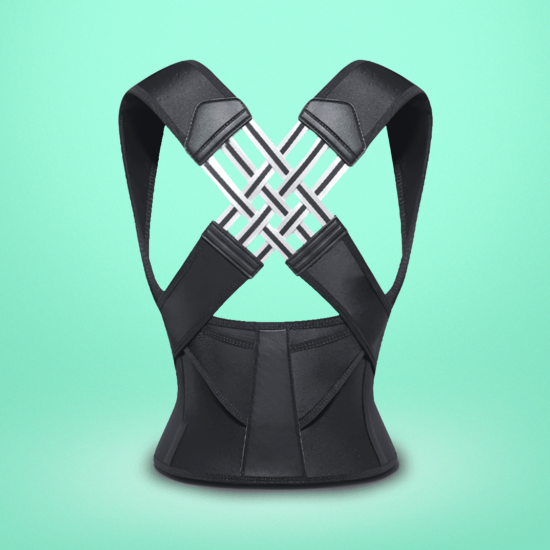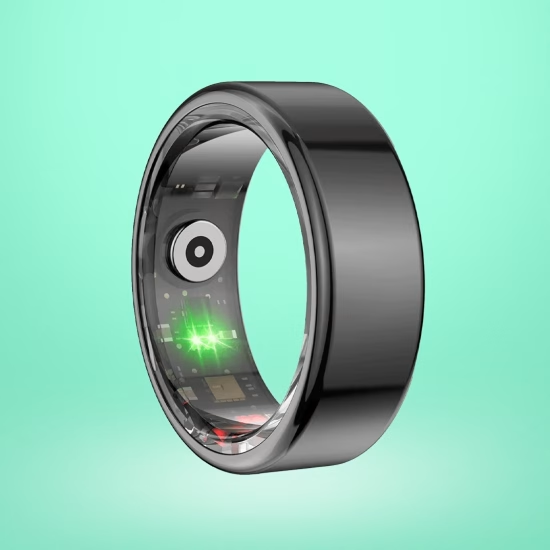Understanding Noise-Induced Hearing Loss: The Impact of Constant and Intermittent Noise Exposure
Hearing loss caused by noise exposure is one of the most common and preventable types of auditory damage. Whether from prolonged exposure to loud environments or sudden bursts of intense sound, understanding how noise affects your hearing is essential for preserving it.
The Mechanics of Noise-Induced Hearing Loss
Our ears are designed to handle a wide range of sounds, but excessive noise can damage the delicate structures within the inner ear. Specifically, the hair cells in the cochlea, responsible for converting sound waves into signals for the brain, can become permanently impaired when exposed to high decibel levels. Once damaged, these cells do not regenerate, leading to irreversible hearing loss.

Continuous Noise Exposure: A Slow but Steady Impact
Prolonged exposure to loud noise, such as working in a noisy factory or regularly attending loud concerts, can lead to gradual hearing loss. This condition is often unnoticed until significant damage has occurred. Common sources of continuous noise exposure include:
- Industrial machinery
- Construction equipment
- Loud music or headphones played at high volume
Intermittent Noise Exposure: The Hidden Risk
Intermittent bursts of loud sound can also contribute to hearing loss over time. Sudden noises, even when infrequent, can be just as damaging as constant noise exposure. Examples include:
- Fireworks or gunshots
- Loud sporting events
- Sudden explosions or alarms
The unpredictability of intermittent noise often leaves individuals unprepared, increasing the risk of harm.
Recognizing the Signs of Noise-Induced Hearing Loss
Early signs of noise-induced hearing loss include:
- Difficulty understanding conversations in noisy environments
- A muffled or distorted perception of sounds
- Ringing or buzzing in the ears (tinnitus) after noise exposure
Protecting Your Hearing from Noise Exposure
Preventing noise-induced hearing loss requires proactive measures:
- Use Hearing Protection: Wear earplugs or earmuffs in noisy settings.
- Follow the 60/60 Rule: Limit headphone use to 60 minutes at 60% volume.
- Maintain Safe Distances: Stay away from loud sound sources when possible.
- Take Breaks: Give your ears a rest during extended periods of noise exposure.
- Monitor Noise Levels: Use smartphone apps to gauge decibel levels in your surroundings.
Seeking Help Early
If you notice any signs of hearing loss, consult an audiologist immediately. Early intervention can prevent further damage and improve your quality of life.
Both constant and intermittent noise exposure pose significant risks to your hearing health. By understanding these risks and taking preventative measures, you can protect your ears and maintain your ability to enjoy the sounds of life.
Stay informed and proactive about hearing care to safeguard one of your most valuable senses!


